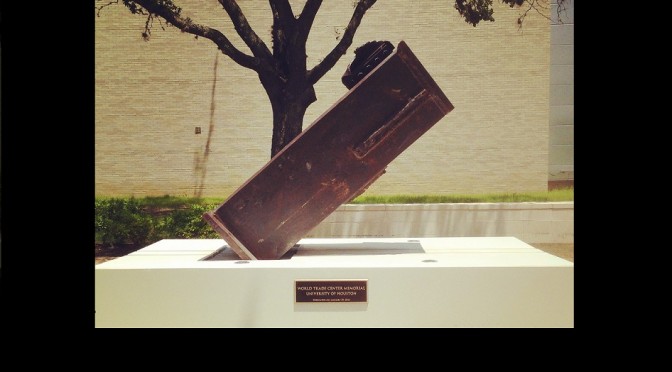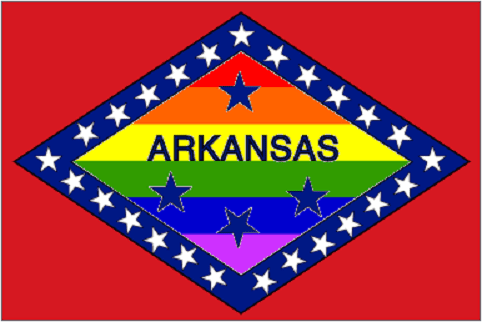September 11th: 13 Years Changed
Never had Arkadelphia, Arkansas seen a sky more blue, or a day more beautiful. Crossing the serene campus of Henderson State University for an early morning music theory class, I nor any of my peers had even a clue of what was to happen that morning.
After class, I visited with friends for just a … Continue Reading ››

